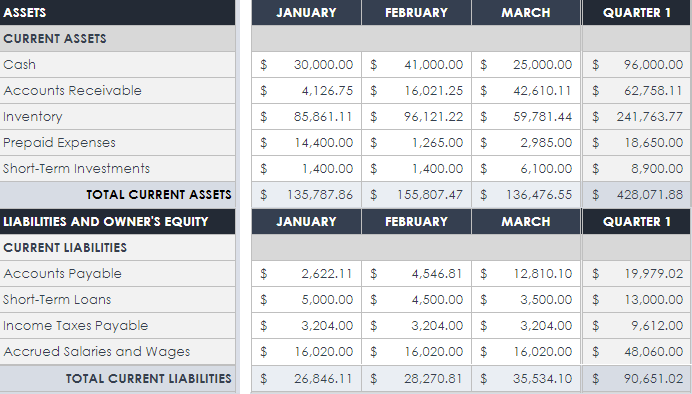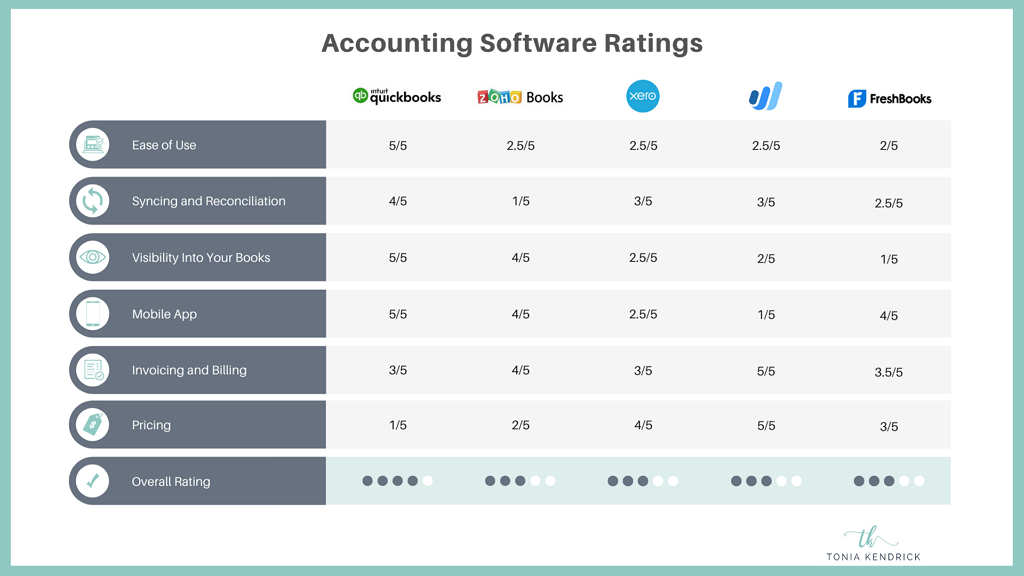As a small business owner, managing finances effectively is critical to your success. It’s important to have a clear understanding of your financial situation, monitor your expenses, and develop smart financial strategies to achieve your business goals. Here are five tips for managing small business finances successfully:
1) Create a Budget: A budget is a crucial tool for managing your finances because it helps you track income and expenses. It enables you to plan for future expenses and know what funds are available for investment or growth. Start by identifying all your business expenses and income sources, then create a realistic budget that allocates funds appropriately.
2) Keep Track of Expenses: Keeping track of business expenses is essential for budgeting and financial planning. It helps you identify areas causing over-expenditure or overspending. It’s crucial to record receipts, invoices and other expenses regularly to get an accurate view of how much money is coming in and going out of the business.
3) Monitor Cash Flow: Cash flow is essential for any business. It’s the money that moves in and out of your business, and it’s critical to keep track of it to ensure liquidity. Creating an accurate cash flow forecast will help you identify potential issues before they become problems, and allow you to take proactive steps to manage your finances effectively.
4) Use Accounting Software: Accounting software can help you automate financial tasks, which saves time and ensures accuracy. It provides real-time financial data, allowing you to make informed decisions and manage finances effortlessly. There are many accounting software options available, so research to find one that suits your business needs and budget.
5) Hire a Financial Advisor: A financial advisor offers valuable guidance and advice to help you manage your finances. They can help you create a strategic financial plan, identify new opportunities for growth, and develop strategies to minimize expenses and maximize profits. Hiring a financial advisor may seem like an additional expense, but it can save you time, money and help you achieve your long-term financial goals.
In conclusion, managing small business finances is critical. Creating a budget, keeping track of expenses, monitoring cash flow, using accounting software, and hiring a financial advisor are effective ways of managing finances. By following these tips and making them a part of your financial management strategy, you can ensure your small business is on the path to financial success.











